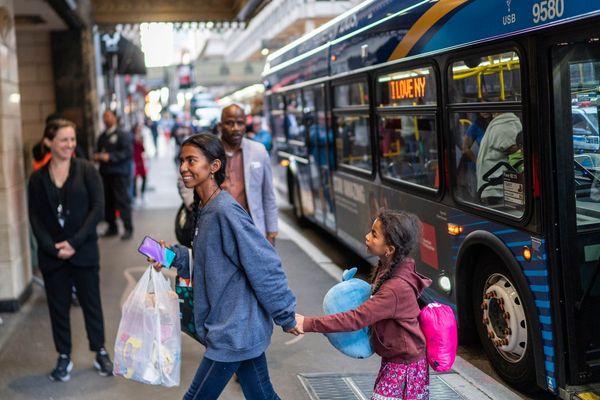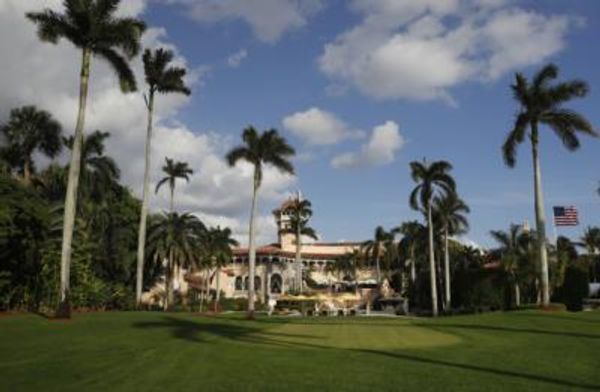
The Biden administration asked the US supreme court on Monday to take emergency action against a Texas law which would make unauthorized entry into Texas a state crime.
The move came after a federal appeals court reversed a lower court’s decision, giving Texas state law enforcement officials the authority to arrest and jail anyone they suspect has illegally crossed the border.
If the supreme court does look at the case, it would see the US’s top legal body weigh in on the issue of immigration, likely to be a core battleground of the 2024 presidential election. It would also add another highly controversial case to the court’s roster of other hot-button issues this year, ranging from voting rights to gun laws.
The Texas law, senate bill 4, has been contested on the grounds it allows individual states to create its own immigration laws – an issue which officially falls under the purview of the federal government.
The US justice department sued Texas and its hardline Republican governor, Greg Abbott, in January to block the law from taking effect. The justice department argued Texas’s law violated the US constitution which asserts “the federal constitution, and federal law generally, take precedence over state laws, and even state constitutions,” according to Cornell Law School’s Legal Information Institute.
A federal judge in Austin blocked the state from implementing the law in February, but the fifth US circuit court of appeals granted a stay, or a ruling to stop the lower court’s order from taking effect.
The supreme court now has until 9 March to intervene.
The Texas government says, according to the US and Texas constitutions, it has the right to implement its own immigration laws in the event of an “invasion”, likening migrants to a public foreign enemy. But legal experts are skeptical of this argument.
In its request for the supreme court to intervene, the Biden administration said: “A surge of unauthorized immigration plainly is not an invasion within the meaning of the state war clause. And even if it were, the clause does not permit states to contradict the federal government’s considered response to any invasion that has occurred.”
The law has also faced opposition from human rights groups for paving the way for potentially racially profiling people, particularly Latinos, who make up more than 40% of the state’s population.
Before the appeals court’s ruling, the American Civil Liberties Union called SB4 an “extreme Texas legislation”.
In a statement, the ACLU said: “Advocates have warned that the law will separate families and directly lead to racial profiling, subjecting thousands of Black and Brown Texans to the state prison system, which is rife with civil rights abuses.”







